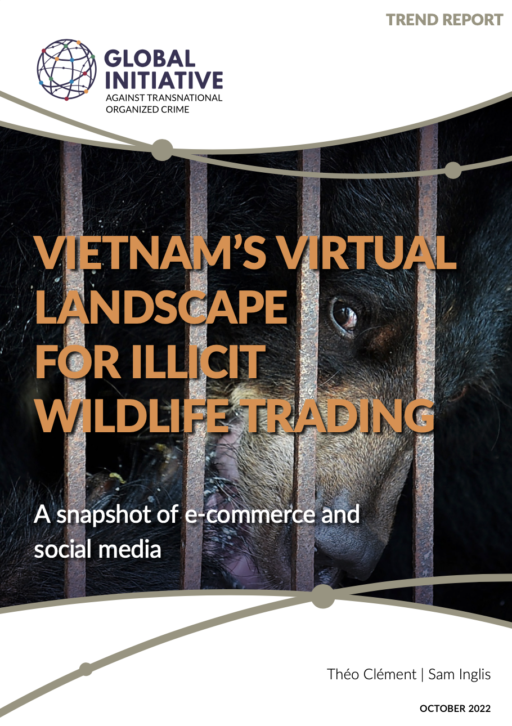Vietnam’s Illicit Online Wildlife Trade
A look into how social media and digital technology are deeply embedded in illicit wildlife trade dynamics in Vietnam.
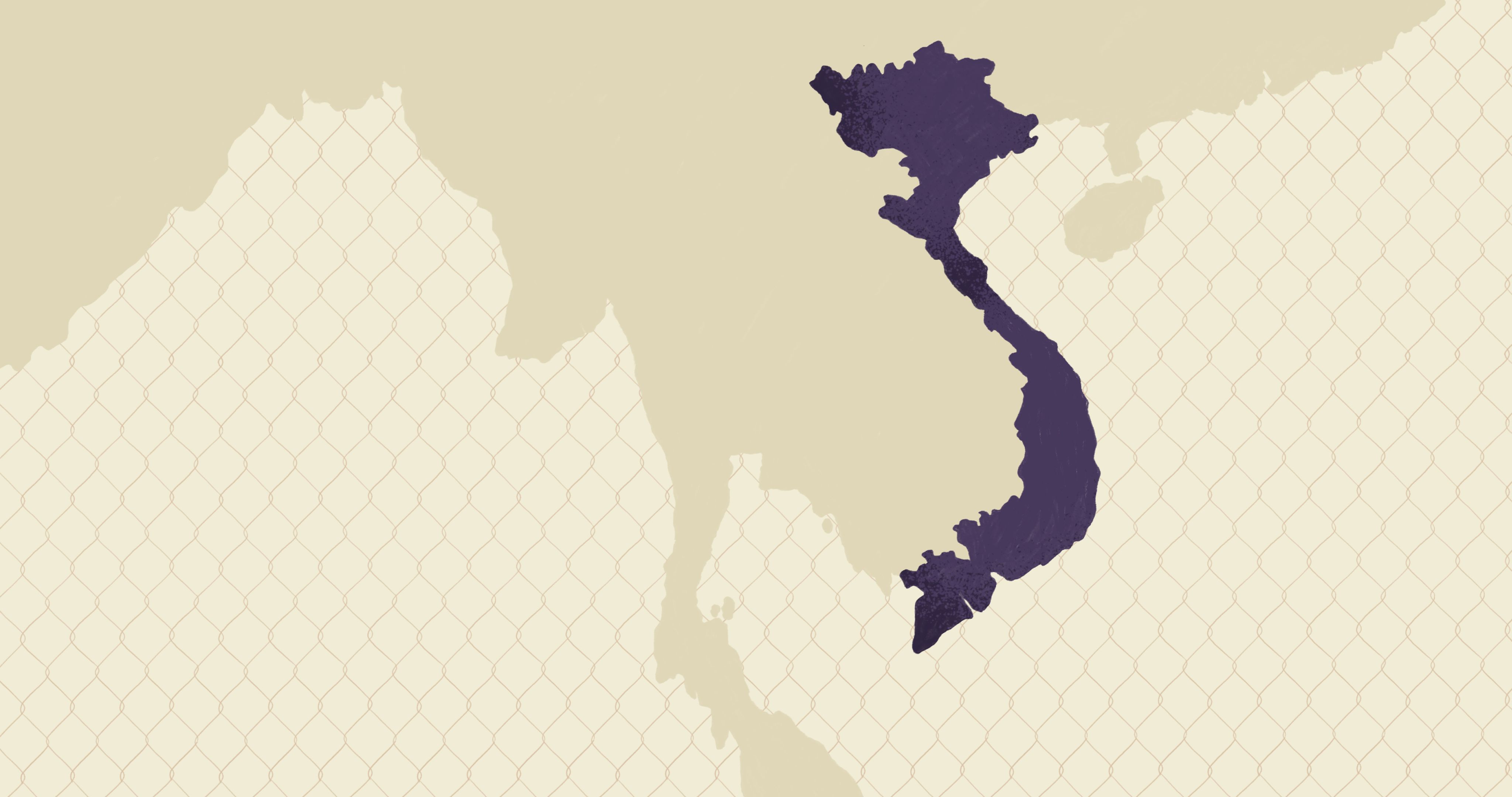



Vietnam is known for its highly diverse tropical fauna and is considered to be a major hub for wildlife trafficking in South East Asia.
Despite Vietnamese authorities strengthening their anti-wildlife-trade legislation since 2018, the illegal trade continues.
And over the last decade, reliable internet and increased accessibility in Vietnam have enabled international networks of wildlife traders to reach a broadening, online customer base with their products.
Of the 930detected advertisements,625online vendors also run physical shops, predominantly in large cities such as Hanoi (324), Ho Chi Minh City (223) and Haiphong (44).
Advertisements for pangolin-derived products (including their scales) were the mostfrequent, with 328 advertisements, followed by products made of tiger parts (319), bearparts (179), ivory and elephant products (78), and rhinoceros horn (8).
Key takeaways
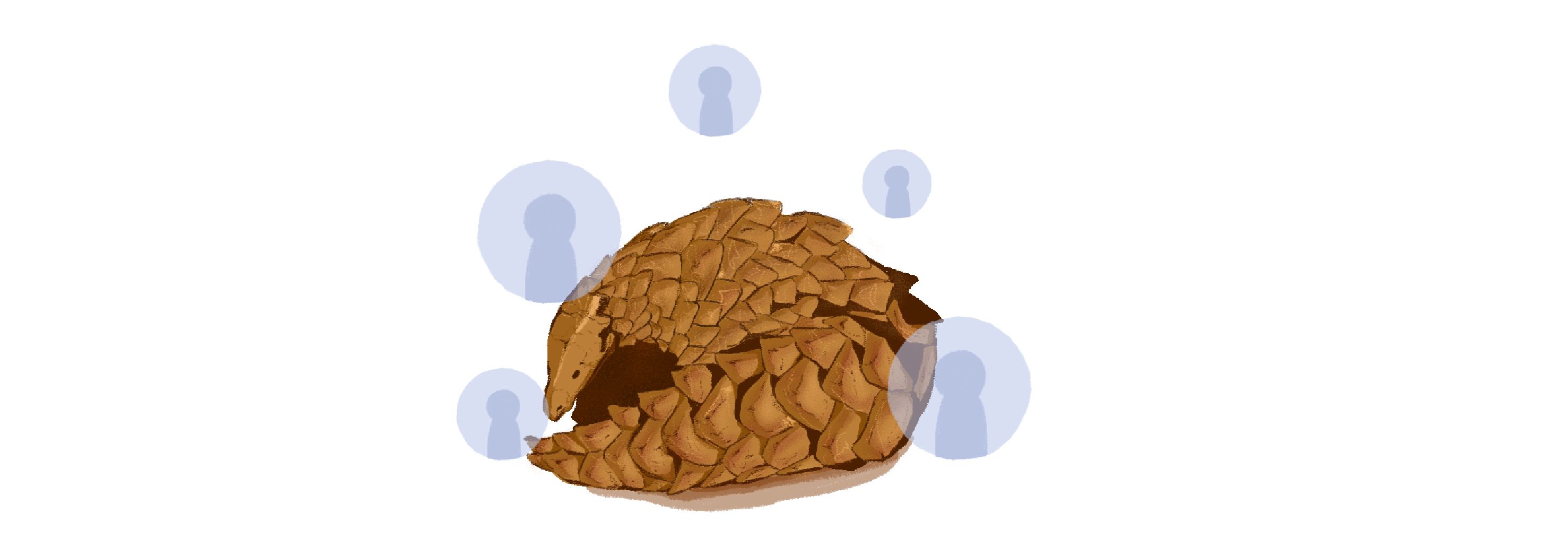
The internet allows vendors to reach a large audience. Social media enables traders of all kinds to advertise their products, and the rise of e-commerce platforms have made the sale of illicit products easier.

Wildlife traders are using private profiles on social media to network and recruit.

Wildlife traders have used social media to portray themselves as successful and aspirational people, enabling them to market to affluent clientele.
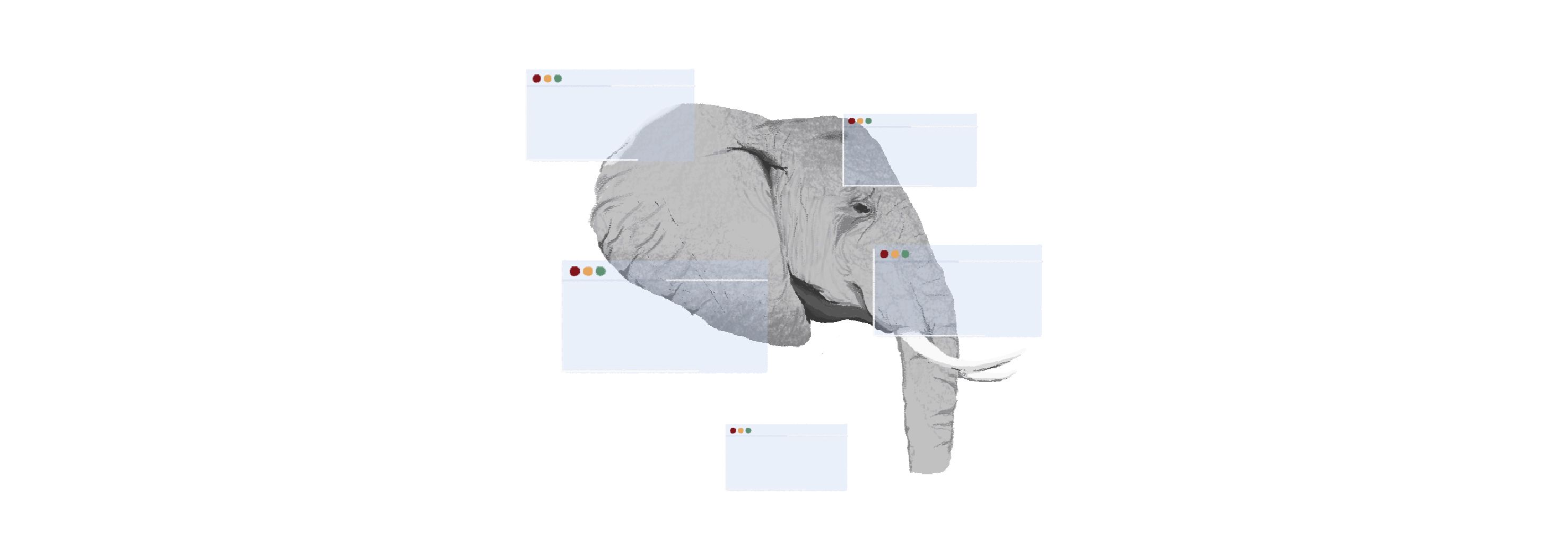
The ease with which consumers can find products from highly-endangered species on all digital platforms makes buying them seem socially acceptable.
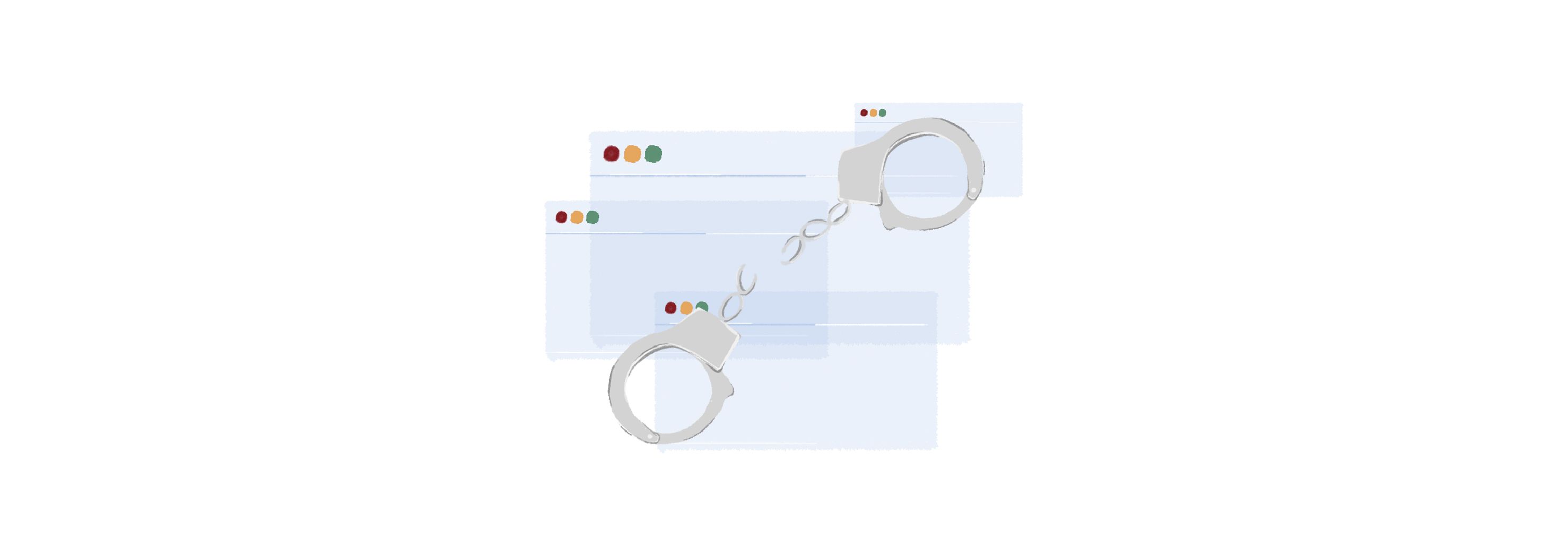
The extensive use of social media and e-commerce platforms and company websites to advertise these products raises questions both about the effectiveness of private sector regulation and the police’s role in deterrence and enforcement.
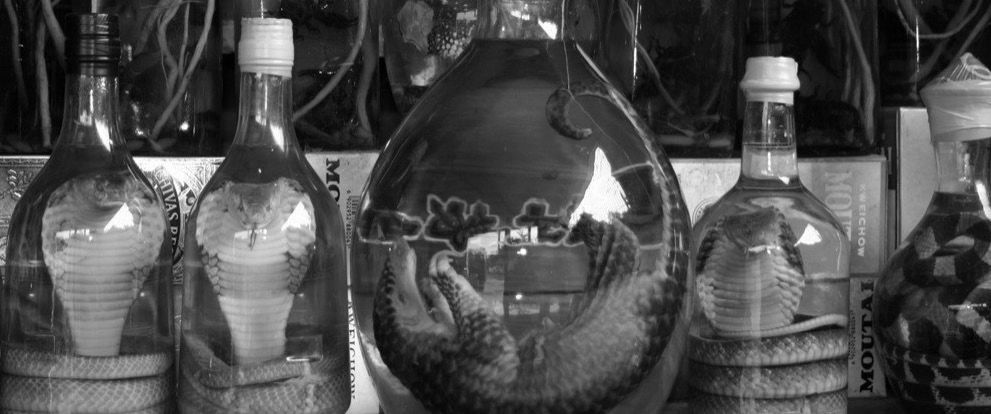

Want to stay up to date with our upcoming publications?

